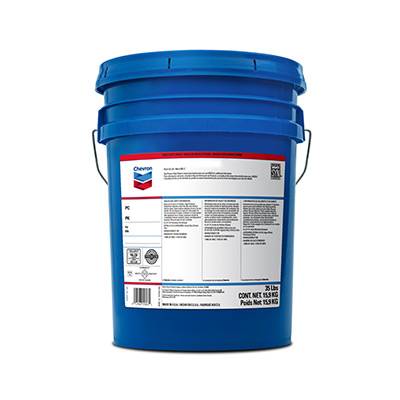ພ.ຈ. . 13, 2024 15:49 Back to list
bore gauge specification
Understanding Bore Gauge Specifications
Bore gauges are essential tools used in various industries to measure the internal diameter of cylindrical objects, such as pipes, engine cylinders, and boreholes. The precision and performance of bore gauges depend significantly on their specifications. Understanding these specifications can help users select the right gauge for their specific needs.
Understanding Bore Gauge Specifications
Measurement Range The measurement range indicates the minimum and maximum internal diameters that the gauge can measure. Bore gauges are available in various sizes, with some designed for small diameters, while others cater to larger dimensions. It is crucial to select a gauge that fits the intended applications, ensuring that it covers the required range without compromising precision.
bore gauge specification

Resolution Resolution refers to the smallest increment that can be reliably measured by the gauge. Higher resolution gauges provide finer measurements, which are essential for high-precision applications. For instance, in the automotive industry, even a slight difference in bore diameter can significantly impact engine performance. Therefore, a bore gauge with a resolution of 0.001 mm or higher may be necessary in such scenarios.
Accuracy Accuracy is a critical specification in bore gauges, as it reflects the gauge's ability to provide measurements close to the true value. It is typically expressed as a percentage of the measurement value plus a constant error. High-quality bore gauges usually have an accuracy of ±0.002 mm or better. Proper calibration and maintenance are also vital to ensure long-term accuracy.
Construction Material The material of the bore gauge influences its durability and performance. Most high-quality gauges are constructed from stainless steel or hardened alloys, offering resistance to wear and corrosion. The finish of the gauge is also essential; a smooth finish ensures that the gauge can slide easily within the bore without damaging the surface.
In conclusion, selecting an appropriate bore gauge involves a thorough understanding of various specifications, including measurement range, resolution, accuracy, and material. By carefully evaluating these factors, users can ensure they choose a gauge that meets their precise measurement needs, ultimately enhancing productivity and quality in their operations.
-
The Role of Cast Iron T Slot Plates in RoboticsNewsMay.12,2025
-
The Importance of Parallel Rulers in Mechanical EngineeringNewsMay.12,2025
-
Heavy-Duty Applications for Granite Surface Plate for SaleNewsMay.12,2025
-
Cast Iron Y Strainer: A Reliable Solution for Dirty FluidsNewsMay.12,2025
-
Boosting Workshop Productivity Using Granite BlocksNewsMay.12,2025
-
Water Control Valves: Essential Components for Fluid RegulationNewsMay.08,2025
Related PRODUCTS









